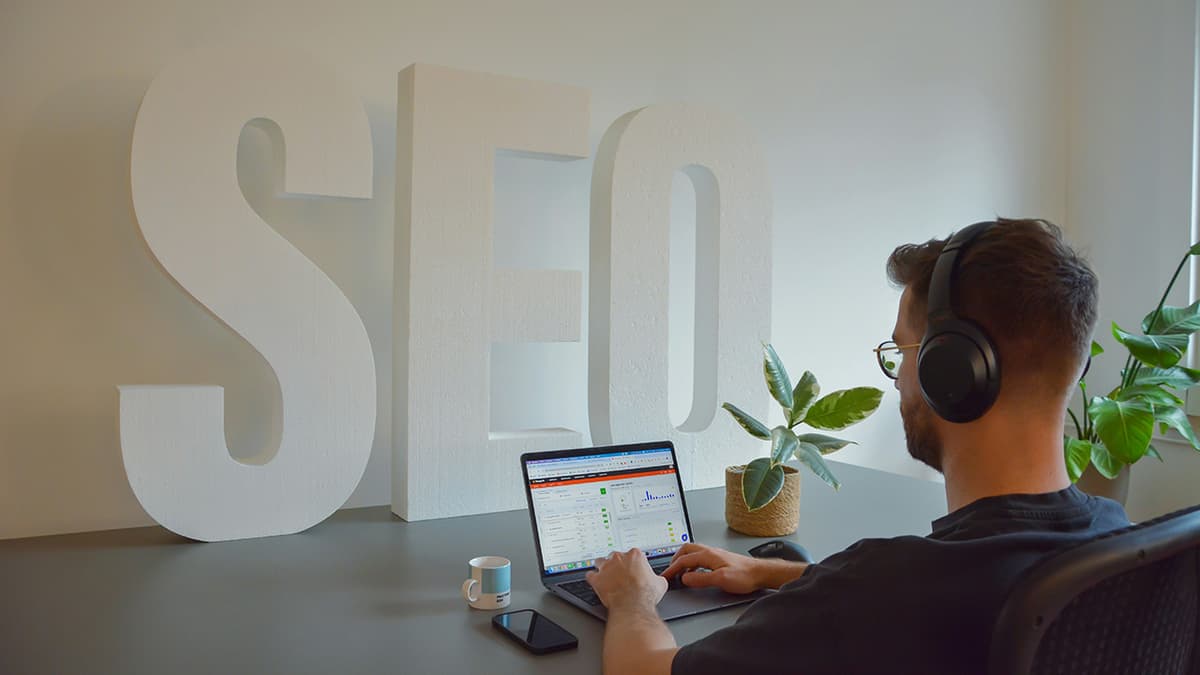The Cost of Owning a 7-Eleven Franchise in New York
Are you interested in diving into the world of franchising? One of the biggest names in the industry is 7-Eleven—a brand known for its convenient store services and continually growing presence worldwide. When it comes to franchising in bustling markets such as New York, potential franchisees like you might be curious about the financial commitment that comes with owning a 7-Eleven franchise.
Initial Franchise Fee
The first thing to look at when considering opening a 7-Eleven franchise is the initial franchise fee. This fee is the upfront cost that a new franchisee pays for the rights to the 7-Eleven branding, proprietary information, and operating systems. In New York, as in other parts of the United States, this fee can vary greatly depending on the specific store location and other factors.
Broadly, the initial franchise fee ranges from $50,000 to $1,000,000. The wide range reflects differences in store sizes, locations, and market potential. High-traffic locations in urban centers like New York City may demand higher fees due to the expected higher turnover and profit margins.
Other Financial Requirements
Beyond the initial fee, there are several other costs associated with opening and operating a 7-Eleven franchise. Here’s a breakdown of what you might expect:
1. Building and Store Supplies:
Setting up the store with all the necessary equipment and supplies can be significant, especially in a metropolitan like New York where costs are typically higher. This includes refrigeration for beverages and snacks, shelving, and a point-of-sale system. The investment for these can range from $50,000 to over $150,000.
2. Inventory:
To kickstart the business, you'll need to stock up on inventory. Depending on the size of the store and the product range you opt to carry, initial inventory costs can hover between $20,000 and $40,000.
3. Operating Licenses and Permits:
New York requires various licenses and permits to operate a convenience store, which might include a general business license, a sales tax permit, and others specific to products sold (such as alcohol and tobacco). The costs for these licenses and permits may range from a few hundred to a few thousand dollars.
4. Insurance:
Insurance is a crucial expense for any business, providing protection against potential risks. For a standard 7-Eleven, insurance costs can vary but expect to budget several thousand dollars annually for comprehensive coverage.
Ongoing Expenses
Running a 7-Eleven involves recurring costs that you should factor into your budget. These include royalty fees, advertising fees, utilities, and payroll. A unique aspect of franchising with 7-Eleven is that the corporate office shares gross profits with the franchisee, which is different from a traditional royalty fee structure. Typically, 7-Eleven takes about 50% of the gross profit generated by the franchise, which covers some of these ongoing expenses.
Potential Earnings and Break-even Point
When assessing a franchise opportunity in a competitive market like New York, it’s important to consider the potential returns on your investment. Earnings can vary widely but depend largely on location, management, and market conditions. Some franchisees may see earnings that allow them to recoup their initial investment within three to five years, while others may find it takes longer.
The Importance of Location and Market Conditions
Choosing the right location is paramount in maximizing the success of a 7-Eleven franchise. In New York, areas with high foot traffic or those near major transit hubs tend to perform better. Additionally, understanding the local market and customer preferences can help tailor your product offerings to meet demand, potentially boosting sales.
Franchise Support and Training
7-Eleven offers extensive support and training to its franchisees, which is great for both seasoned entrepreneurs and those new to retail. This training includes classroom sessions, on-the-job training, and ongoing support from the franchise consultant team. This level of support can be incredibly valuable in navigating the complexities of the New York market.
Starting a 7-Eleven franchise in New York is an exciting venture but requires careful financial planning and consideration. With initial costs that can be quite high, particularly in premium locations, it is essential to have a solid understanding of both upfront and ongoing financial commitments.
Despite the significant investment, the brand recognition of 7-Eleven, combined with corporate support and training, can pave the way for a profitable business venture. Each potential franchisee must evaluate their financial readiness and business acumen to determine if this opportunity aligns with their entrepreneurial goals in the vibrant and diverse New York market. With the right location and management, a 7-Eleven franchise could be a rewarding investment.












